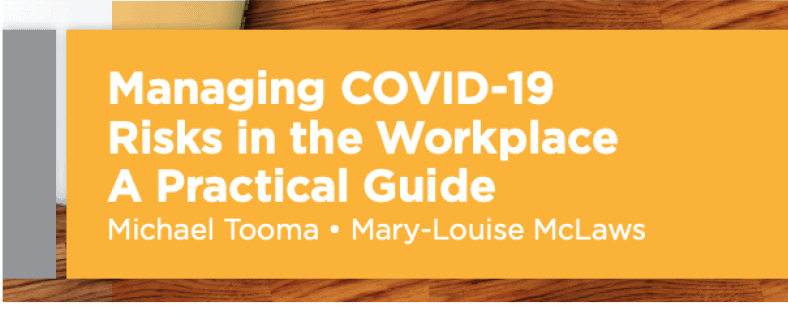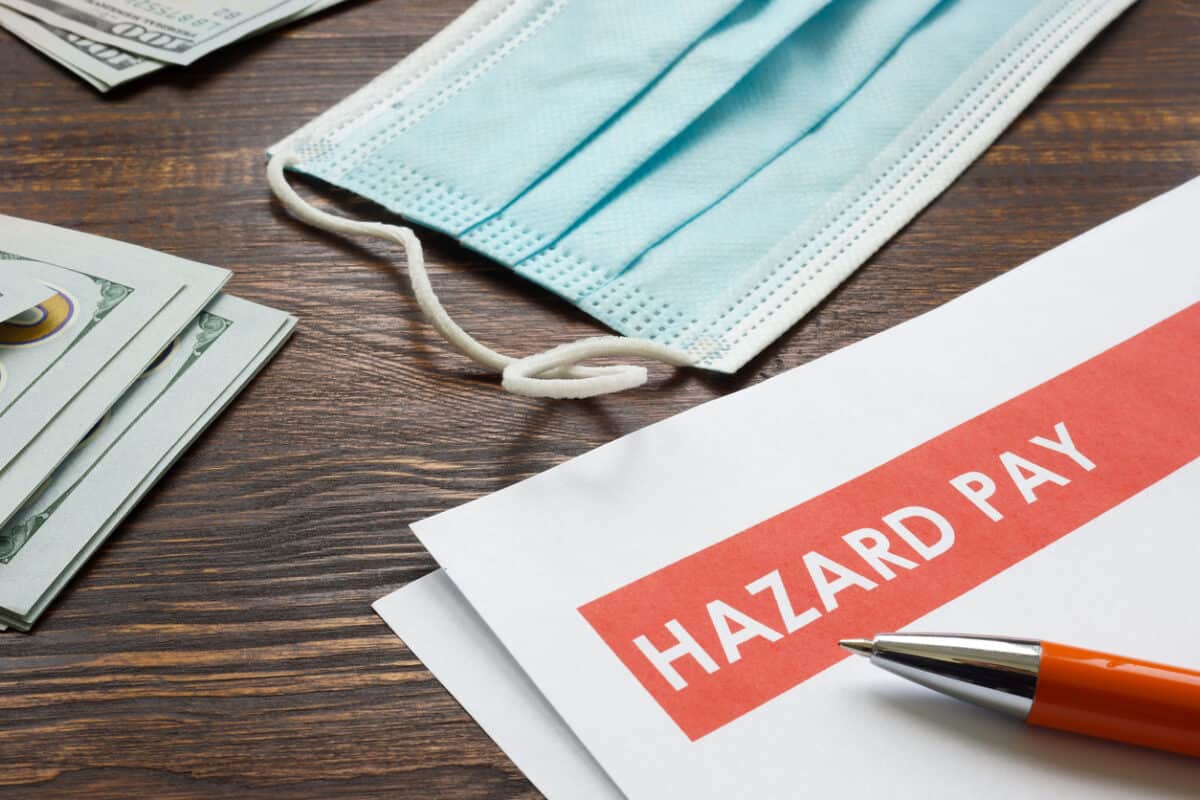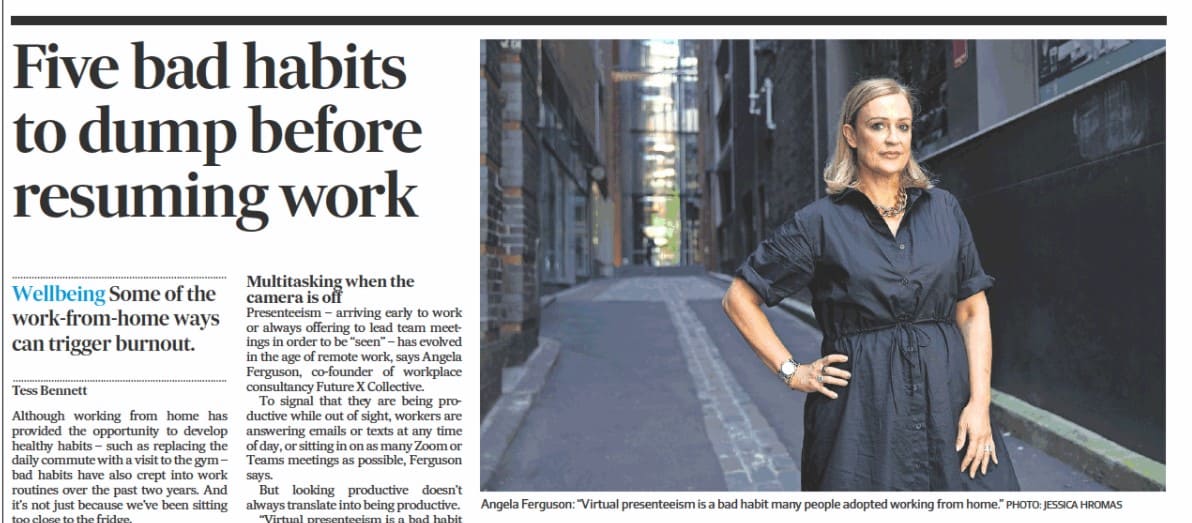Many companies are starting to settle into hybrid working arrangements where workers are in the office for part of their time and at home for others. The occupational health and safety (OHS) impacts are still being discovered and refined. The flexibility of these hybrid arrangements is both good and bad, as identified recently by the European Foundation for the Improvement of Living and Working Conditions (Eurofound) in its analysis of the Right-To-Disconnect.
This could/should become a significant consideration when complying with Australia’s OHS regulations for psychologically safe workplaces currently under development.
Eurofound’s Executive Summary states:
“Digital technologies have made it possible for many workers to carry out their work at any time and anywhere, with consequent advantages and disadvantages. Potential advantages include greater autonomy, better work–life balance, improved productivity and environmental benefits. However, the constant connection enabled by information and communications technology (ICT)-based mobile devices can pose risks to health and well-being, as well as causing work–life balance conflict linked to longer working hours and the blurring of boundaries between work and private life.”





